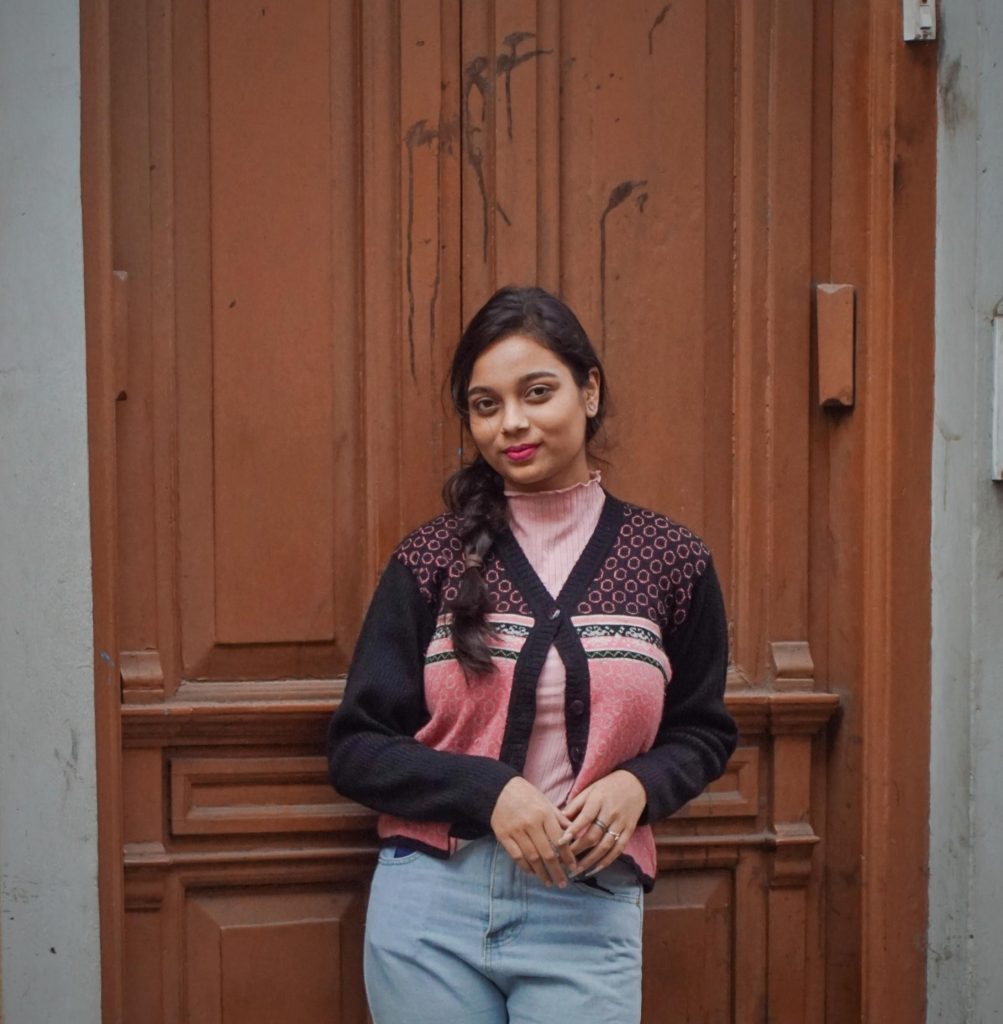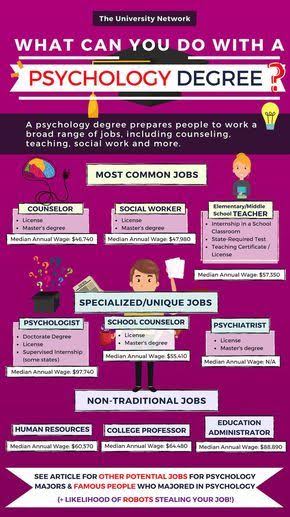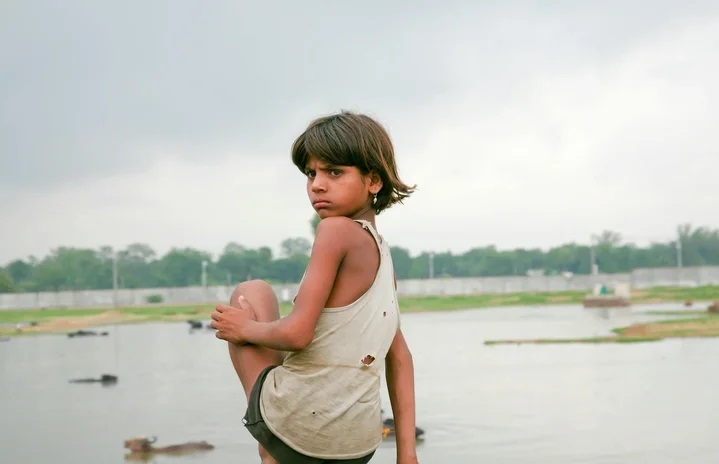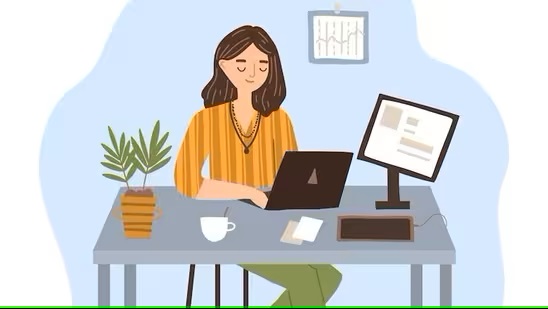5 Young Women Fighting Period Poverty Around the World

Period Poverty refers to inadequate access to menstrual hygiene products and lack of education regarding menstruation. Generally, financial restraints, cultural stigma, poor hygiene facilities force many into period poverty. According to UNICEF, every month, approximately 1.8 billion people across the globe menstruate. Among them, almost 500 million people experience period poverty and 12% of menstruators in India can’t even afford period products. With the prevalence of Covid-19, period poverty continues to affect people on a larger scale.
Since period poverty is considered to be one of the most important global concerns, many young women and teenagers are constantly fighting against the situation by increasing menstrual health awareness, providing sanitary products in their communities, and advocating for policy change.
1.Candice Chirwa, South Africa
Candice Chirwa AKA The Minister of Menstruation, is a South African author, activist and thought leader working towards destigmatizing menstruation and spreading awareness about menstrual hygiene. In her opinion, women shouldn’t be ashamed of this perfectly normal biological process. Instead, they should embrace this and teach young girls the same. With this intention, Chirwa established Qrate, a non-profit organisation for eliminating myths regarding menstruation, and providing knowledge about menstrual hygiene through impactful workshops. Chirwa considers this as the first step towards eradicating the fear a young person might feel when they have their first period.
2. Nadya Okamoto, United States
Nadya Okamoto, is a 23-years-old Harvard Graduate, social entrepreneur. She personifies the idea of “being the change”, hence at the age of 16, she founded PERIOD (period.org), a non-profit organisation that provides menstrual hygiene products to those in need. Their aim is to prevent period poverty and stigma. Under her leadership as an Executive Director, PERIOD has become the largest youth-run NGO in women’s health in the United States. Besides, in early 2020, she co-founded August, a lifestyle period brand revolutionising period care. However, her advocacy didn’t end here, as she continues to urge the repeal of sales tax on tampons and pads; also known as the “Tampon Tax”.
3. Amika George, England
Amika George founded an organisation called Free Periods, after learning about the issue of period poverty. She led a protest outside Downing Street that was attended by more than 2,000 people and a petition had attracted around 180,000 signatures. Although, there was no substantial change until 2019 when the Chancellor announced special funds for schools and colleges across England for period products for all students. Later, in June 2021, Amika was honoured as a Member of the Order of the British Empire for her services to education.
4. Lolo Cynthia, Nigeria
Lolo Cynthia, a UNHCR Nigerian Influencer, advocates preventing period poverty and stigma around the world. She’s the founder of popular enterprise LoloTalks, where she addresses stigmatised topics by organising events, to spread awareness and foster discussion about topics ranging from sexuality to menstrual hygiene. Apart from this, she had previously started numerous campaigns with the objective of empowering communities through comprehensive sex education and menstrual health advocacy.
5. Suhani Jalota, India
Duke University graduate Suhani Jalota is an activist, tirelessly working towards the improvement of public health in India. She has founded Myna Mahila Foundation, an organisation that empowers women by encouraging discussion about taboo subjects like menstruation, and by various workshops to produce low-cost sanitary protection, so that girls don’t miss school during their periods. Besides this, Suhani along with three other women established a factory in Mumbai that produces sanitary products, which employs poor women from nearby areas by giving them jobs selling these products.
In our society, women are always ostracized from certain activities and places when they menstruate. Therefore, automatically, they feel ashamed and left out. Hence, the first step towards fighting period poverty should be normalising menstruation and eliminating the stigma around this subject by educating everyone. Then policy must be enforced to make menstrual products easily accessible. Even if these young people may not come from the same backgrounds; but their mission is the same, i.e. working towards preventing period poverty by promoting menstrual equity.
Written By-










